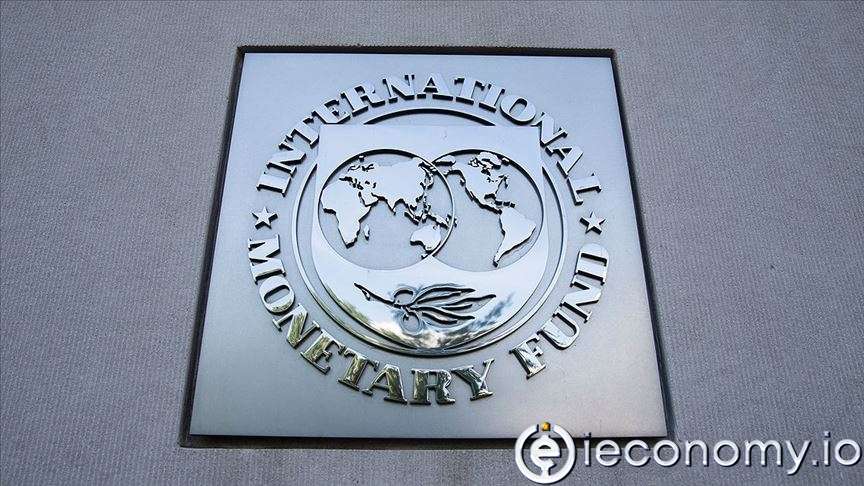Statement from the IMF on digital currencies
International Monetary Fund (IMF) President Kristalina Georgieva reported that the results from studies on central bank digital currencies...

Yayınlanma: 11 Şubat 2022 04:18
Güncellenme: 23 Şubat 2026 22:58
Kristalina Georgieva made evaluations at the introduction of a new report by the IMF on central bank digital currencies.
Pointing out that it is not known exactly how fast and how far central bank digital currencies can go, Georgieva said that central banks are building the capacity to use new technologies in order to be ready for what may happen in the future.
Georgieva said, "If central bank digital currencies are prudently designed, they can potentially offer greater flexibility, greater security, greater usability, and lower cost than proprietary forms of digital currency."
About 100 countries are conducting research
Pointing out that the trend towards central bank digital currencies is increasing rapidly, Kristalina Georgieva noted that the central banks of nearly 100 countries are conducting research on digital currencies.
Stating that there is no "universal" framework for central bank digital currencies, Georgieva said, "Central banks should adapt their plans to their specific situations and needs." Georgieva evaluated central bank digital currencies as ‘one size doesn’t fit all’.
Emphasizing that financial stability and privacy issues are very important in the design of central bank digital currencies, Georgieva noted that it is important to find the delicate balance between design and developments on the policy fronts in the emergence of these currencies.
Stating that a new page is about to be opened in the history of money, Georgieva stated that countries are trying to preserve the basic features of their traditional monetary and financial systems while trying new forms of digital money.
On the other hand, the IMF has just published its new report on central bank digital currencies.
The report included reviews of applications in 6 countries, including China, Sweden, and the Bahamas, where the digital currency is already operational or in advanced testing.




